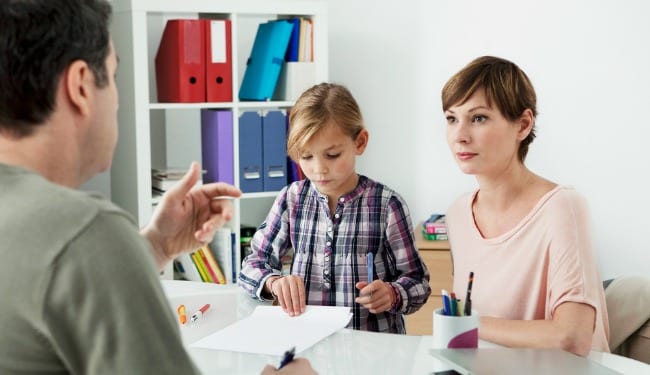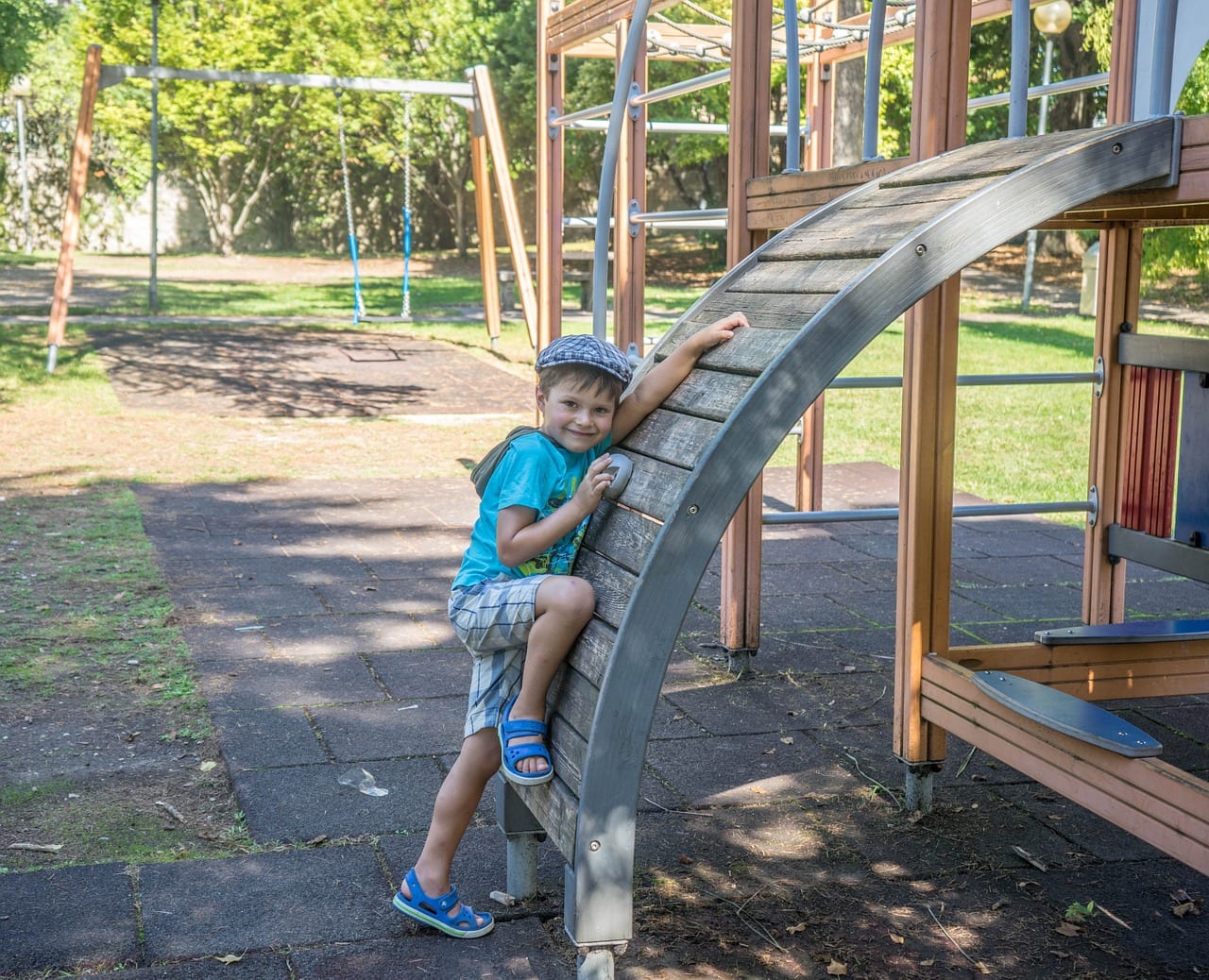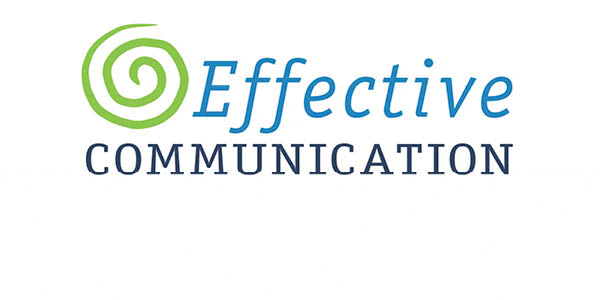We Have a Diagnosis: Now What?

When we came home from Nashville, our son’s diagnosis was both a relief and a point of anxiety. The professionals we saw answered some of our questions, but then so many more arose in their wake, the biggest one being, Now what?
Regardless of your child’s age, regardless of the challenges s/he might have, the diagnosis is the first step of many in your journey from now to whatever the future holds. You’re going to worry and celebrate; you’re going to have moments of joy and moments of anxiety.
Now that you know what it is you face, here’s some tips for how to move forward from diagnosis to the next phase of life with a child with special needs.
First and foremost, your child is still YOUR child.
Regardless of whatever diagnosis your child might have, s/he is still your child. You know this person better than anyone else and the love between the two of you doesn’t change. All the diagnosis does is give you more information and avenues for helping your child.

Allow yourself time to adjust.
This was the hardest part for me. I had to get over the fact that I felt I had failed my child in some way. Everything that came next could be intimidating and overwhelming so I needed to build myself up to deal with it all. I didn’t get here overnight, but that journey taught me what my family and I are capable of when faced with challenges.
Understand that you are not alone.
When your friends’ kids are all meeting their milestones and yours isn’t, I found that I felt isolated from the parenting experience – until I started to meet other parents who were in the same boat. You may feel like you’re alone in this, which is easy when you don’t know any other parents with similar challenges, but you’re not. Try talking to other parents when you’re at the doctor’s office or at a therapy appointment. You never know who you might meet! Look for support groups and other organizations in your area. Those can provide you with chances to meet other parents.
Form a team.
Your team will evolve over time, but, at first, it’s you and your family and your pediatrician. Then, depending on the challenges, your team may evolve to include therapists and teachers. Bring these people into your team because they will be your biggest assets as your child grows and will help you know you’re doing what you can, even when you feel like there’s always something else you could do.
Learn all you can about your child’s diagnosis.
You’ll get a diagnosis and, pardon the language, it will suck. Once you’ve adjusted and you’re ready to take it on, start learning about the challenges facing your child. Is it ADHD and now you have to decide on medications? Research the medications out there and talk to your child’s doctor about your options. Talk to teachers about how they’ve handled similar challenges in the past. Is it Down syndrome and now you’re intimidated by the health issues that the diagnosis comes with? Talk to other parents about how they’ve handled what you’re facing. Learn the factual and the anecdotal. Information is power!
Learn as much as you can about interventions and educational opportunities.
The interventions and therapies your child needs will depend on the diagnosis, but take some time to learn what’s out there. Learn about the different types of occupational therapy or medical interventions for your child. Look at your options for education too. Will your child need an IEP or a 504 plan? Research the difference so you can understand what your school system can do for your child to make sure s/he has all the tools to succeed.
Give yourself and your child time to just be yourselves.
It would be easy to fill my son’s time with therapies and activities because of his speech delay and his challenges with social skills. I could ferry him from one end of town to the other, but that is exhausting for both of us. When he comes home, I give him chances to decompress from school and therapy by playing outside or with his brother. I play tennis and write and spend time with my husband and my friends. You both need time to yourselves and to be a person outside of the roles that the diagnosis gives you. Take this time so you and your child can stay fresh and focused when you need to be.
Remember that your child will grow and change. Some things will get easier and new challenges will always arise.
When we started this journey, my son wasn’t saying any words. Now, at almost age nine, he’s says plenty of words and sentences, which is awesome – until he starts testing me. Your child will grow and meet milestones; sure, that might take longer in some areas than in others, but it will happen. Whenever you make a gain, celebrate it, but realize that another challenge will follow it. Those challenges will look different from child to child, but you will know how to deal with the next thing because you have information and a team behind you.
You’ve got this!
You Might Also Like…
Jennifer Kelly grew up in the Birmingham area, but migrated to Huntsville for graduate school and put down roots after meeting her husband, Jamie. In addition to being a mom to her two boys, she is a tennis ninja, trivia nerd, freelance editor, and aspiring writer. You can visit her at The Sir Barton Project, a blog about her upcoming book.







